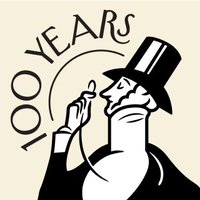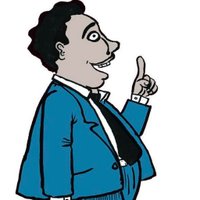
Xander Manshel
@xandermanshel
@McGillEnglish | BOOK: Writing Backwards (@ColumbiaUP) |
WRITING: @TheAtlantic, @TheNation, @LAReviewofBooks, @LitHub
| NEXT: The History of High School English
ID: 130917187
https://bit.ly/WritingBackwards 08-04-2010 18:35:48
982 Tweet
1,1K Followers
1,1K Following




I had a great time discussing the changing shape (and changing politics) of historical fiction with Caterina (Cat) Domeneghini and Claire Barnes for New American Studies Journal! Here's a link to our conversation and an excerpt from my book...nasjournal.org/NASJ/article/v…


Now you can also listen to Alexander Manshel's amazing book, WRITING BACKWARDS, which is now available as an audiobook! tinyurl.com/44nasb56 Xander Manshel Columbia University Press


If you took high school English in the US or Canada, chances are you read The Great Gatsby at some point. But why is it so ubiquitous? As the novel turns 100, Xander Manshel has some fascinating answers in @newyorker: newyorker.com/books/page-tur…







It's a big day at the Post45 Data Collective. It's a data journal I co-founded with Laura McGrath in 2021, though we began planning in 2019. So I've worked on it for six years. Today I step off as co-editor and Xander Manshel & J.D. Porter step on 🥳🥳🥳 data.post45.org






